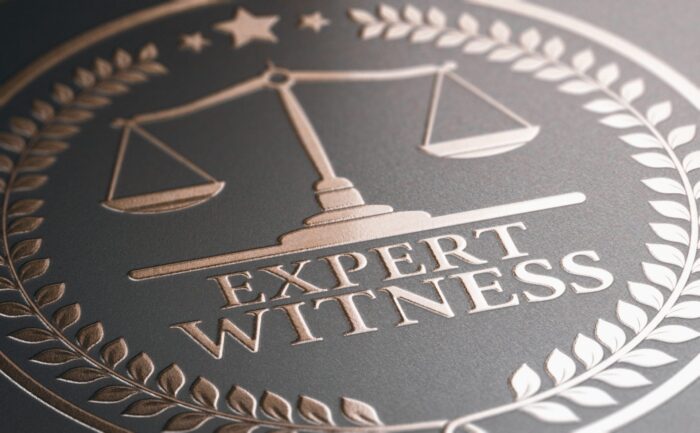A landmark 1993 controversy was Daubert v. Merrell Dow Pharmaceuticals, where expert witnesses played a pivotal role. This case not only shaped the outcome but also created the Daubert Standard, redefining admissibility of expert witnesses in federal courts.
Case Background
Jason Daubert and other children claimed they suffered birth defects from Bendectin, an antinausea drug made by Merrell Dow Pharmaceuticals. Expert witnesses cited epidemiology and other studies to link the drug to adverse birth outcomes. Opposing the plaintiffs, Merrell Dow Pharmaceuticals summoned experts who asserted there wasn’t sufficient evidence to link Bendectin to birth defects.
Expert Witnesses and the Court’s Decision
he plaintiffs relied on unpublished documents, reanalyzed articles, and their own studies to argue Bendectin caused birth defects. Merrell Dow’s experts, in contrast, referred to peer-reviewed and widely accepted medical research that showed the drug had no adverse birth outcomes associated with it.
The court ruled for Merrell Dow, excluding plaintiff experts under Frye’s rule, allowing only generally accepted science in court. Nevertheless, the plaintiffs pursued an appeal that some of the evidence they sought to adduce was based on scientific principles, which, although, were yet to be accepted by the general public.
THE SUPREME COURT RULING
The tumbrel did not hoist even to rule this annoying suit in favor of the plaintiffs, as it awarded them some victory. However, the Court moved away from Frye, redefining admissibility of expert witness testimony. It set the basis for the Daubert Standard in the land of courts. The Daubert Standard requires judges to act as gatekeepers, deciding admissibility of scientific expert testimony using key factors.
Impact on Admissibility of Expert Witnesses
The Daubert case changed the role of expert witnesses by requiring judges to play a greater role in evaluating evidence. When the Mulholland case was overturned in 1990, it marked the spectacular triumph of the Daubert Standard, which has ensured pure expert testimony before each trial, free from hearsay and assumptions.
The Daubert case showed how expert testimony shapes outcomes, reshapes the legal landscape, and sets precedent for future cases.
Ensure admissibility of expert witnesses in every case.
The Daubert ruling reshaped how courts judge expert testimony, placing new responsibilities on attorneys and experts alike. At Homestead, we help legal teams prepare experts to meet the strict standards for admissibility of expert witnesses with confidence and credibility.
Contact us today to strengthen your case.




